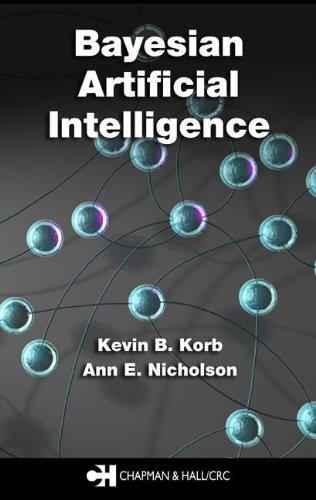Jason the Juggler. Jason, the robot juggler, drops balls quite often when its battery is low. In
Question:
“Jason the Juggler.” Jason, the robot juggler, drops balls quite often when its battery is low. In previous trials, it has been determined that when its battery is low it will drop the ball 9 times out of 10. On the other hand when its battery is not low, the chance that it drops a ball is much lower, about 1 in 100. The battery was recharged recently, so there is only a 5% chance that the battery is low. Another robot, Olga the observer, reports on whether or not Jason has dropped the ball. Unfortunately Olga’s vision system is somewhat unreliable. Based on information from Olga, the task is to represent and draw inferences about whether the battery is low depending on how well Jason is juggling????.
1. Construct a Bayesian network to represent the problem.
2. Which probability tables show where the information on how Jason’s success is related to the battery level, and Olga’s observational accuracy, are encoded in the network?
3. Suppose that Olga reports that Jason has dropped the ball. What effect does this have on your belief that the battery is low? What type of reasoning is being done?
Step by Step Answer:

Bayesian Artificial Intelligence
ISBN: 9781584883876
1st Edition
Authors: Kevin B. Korb, Ann E. Nicholson






